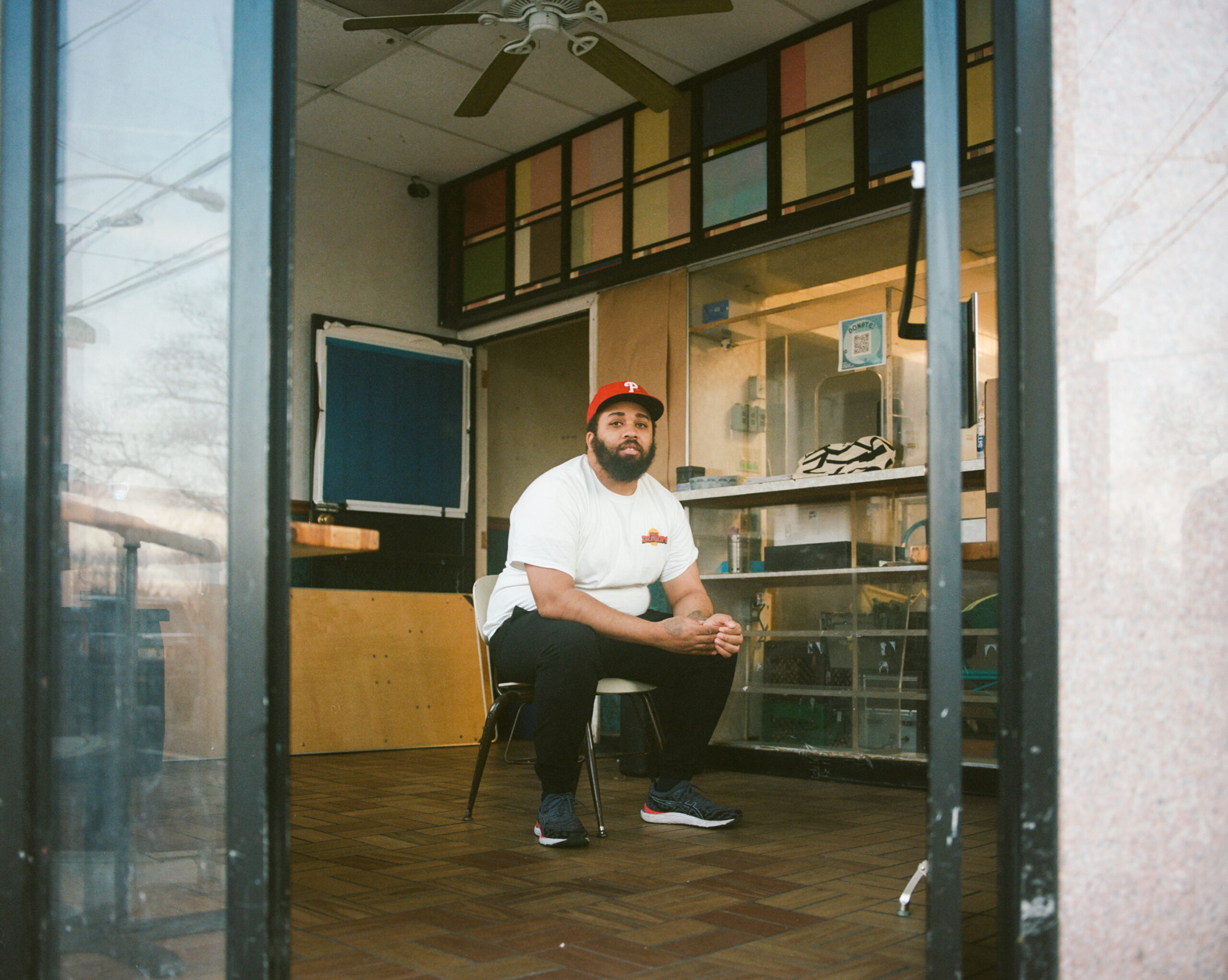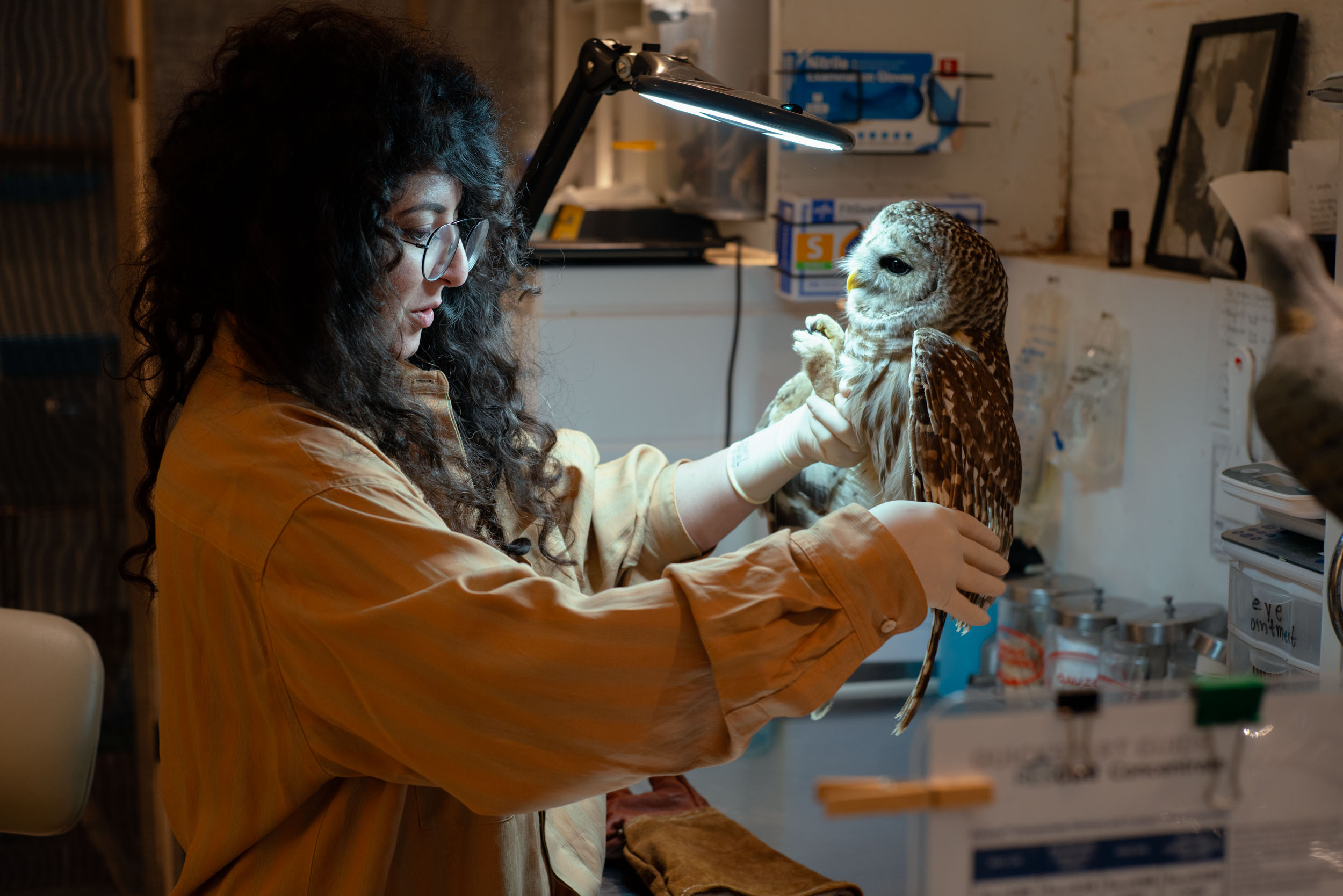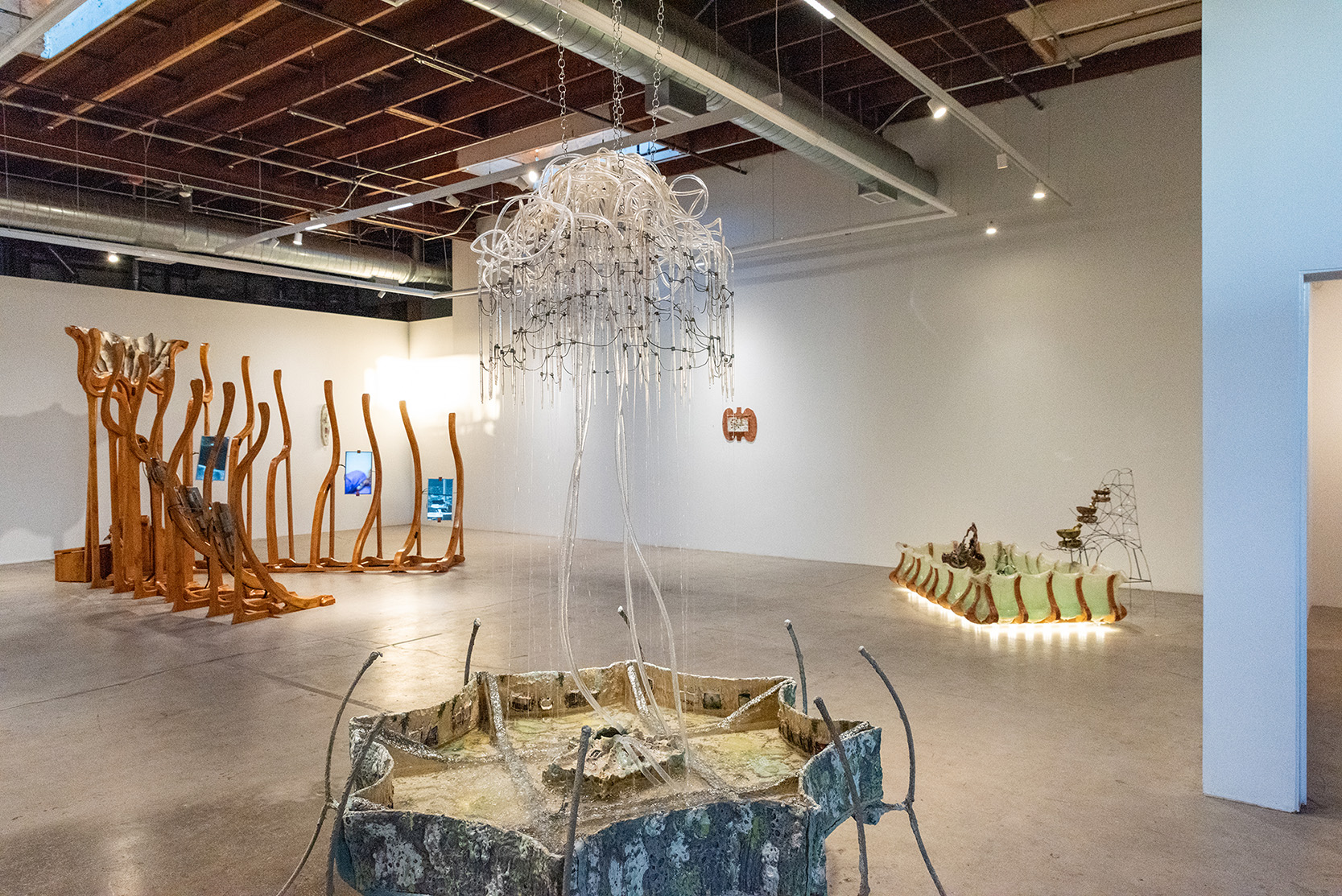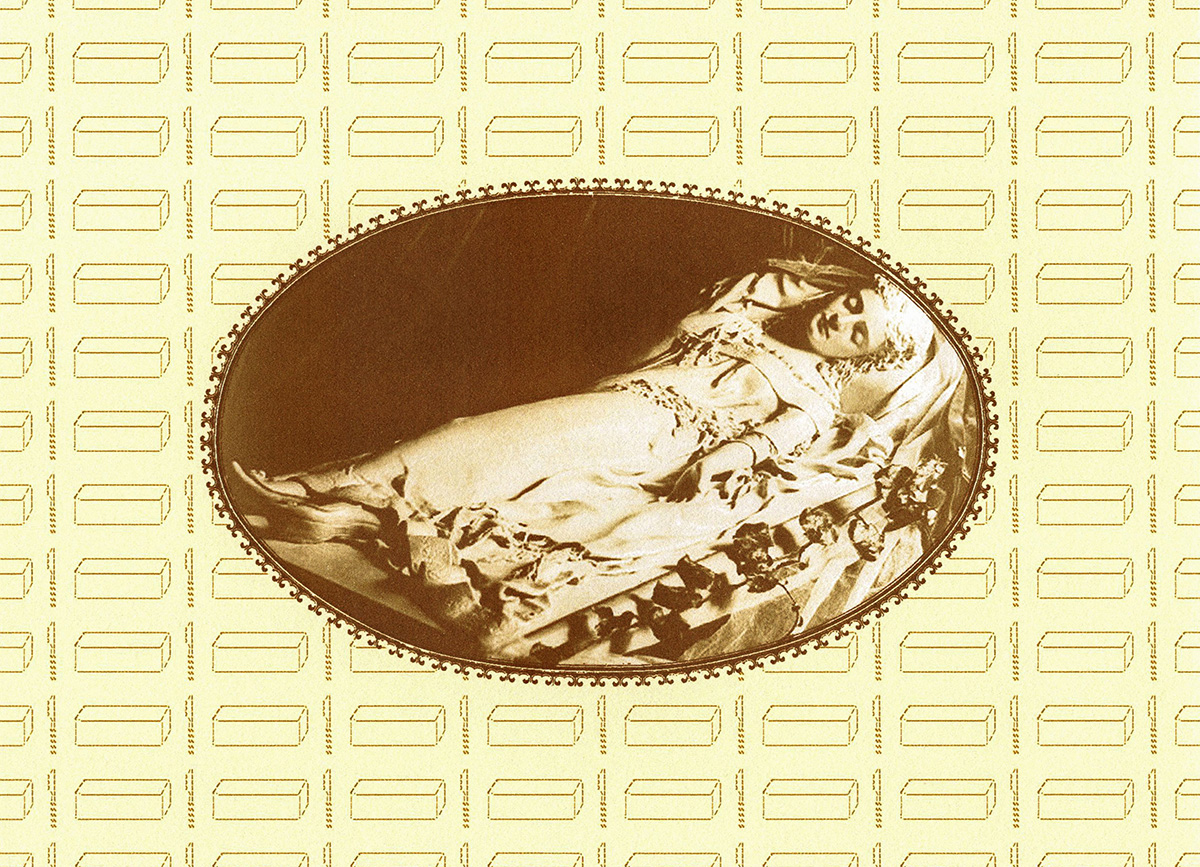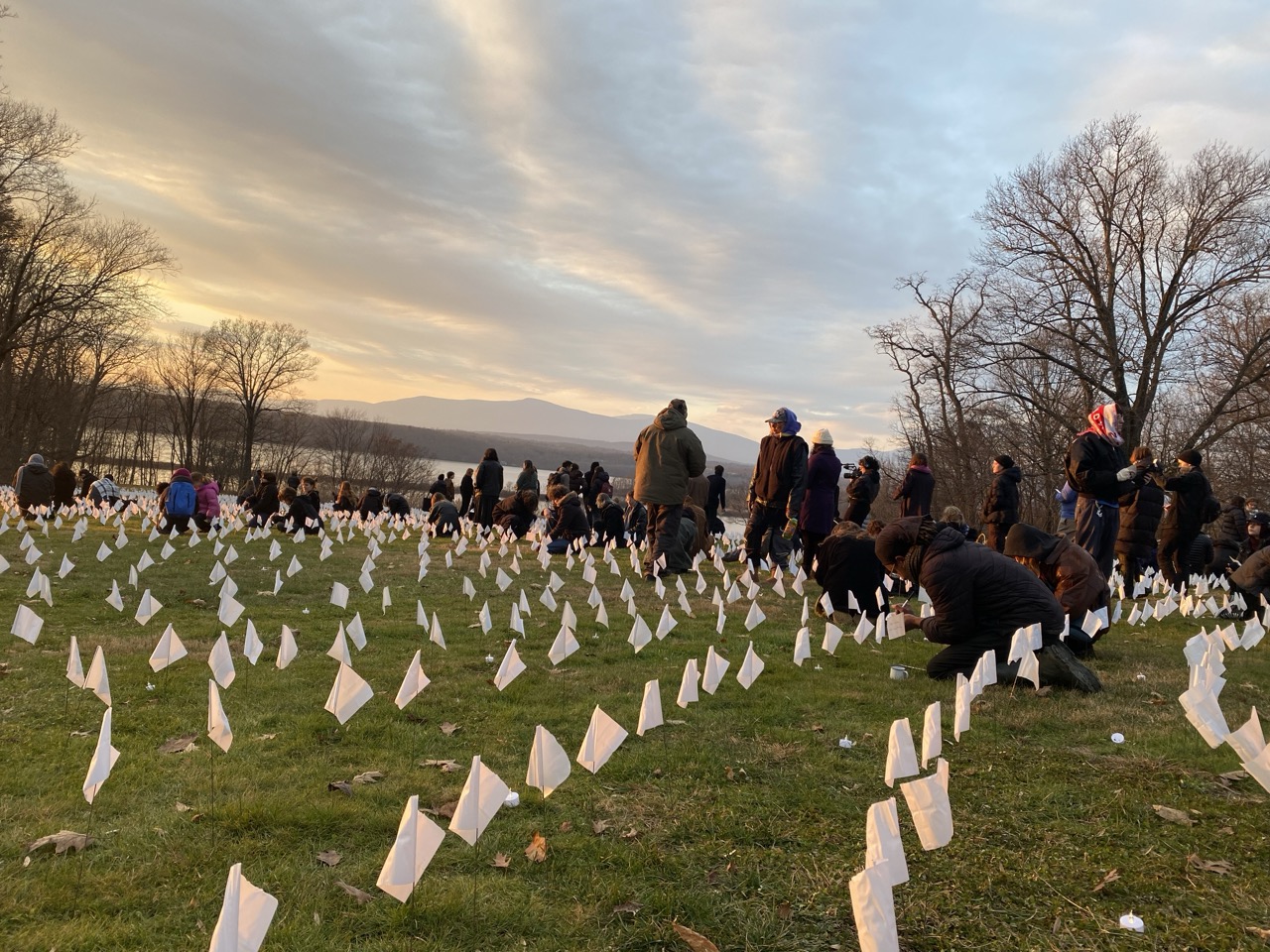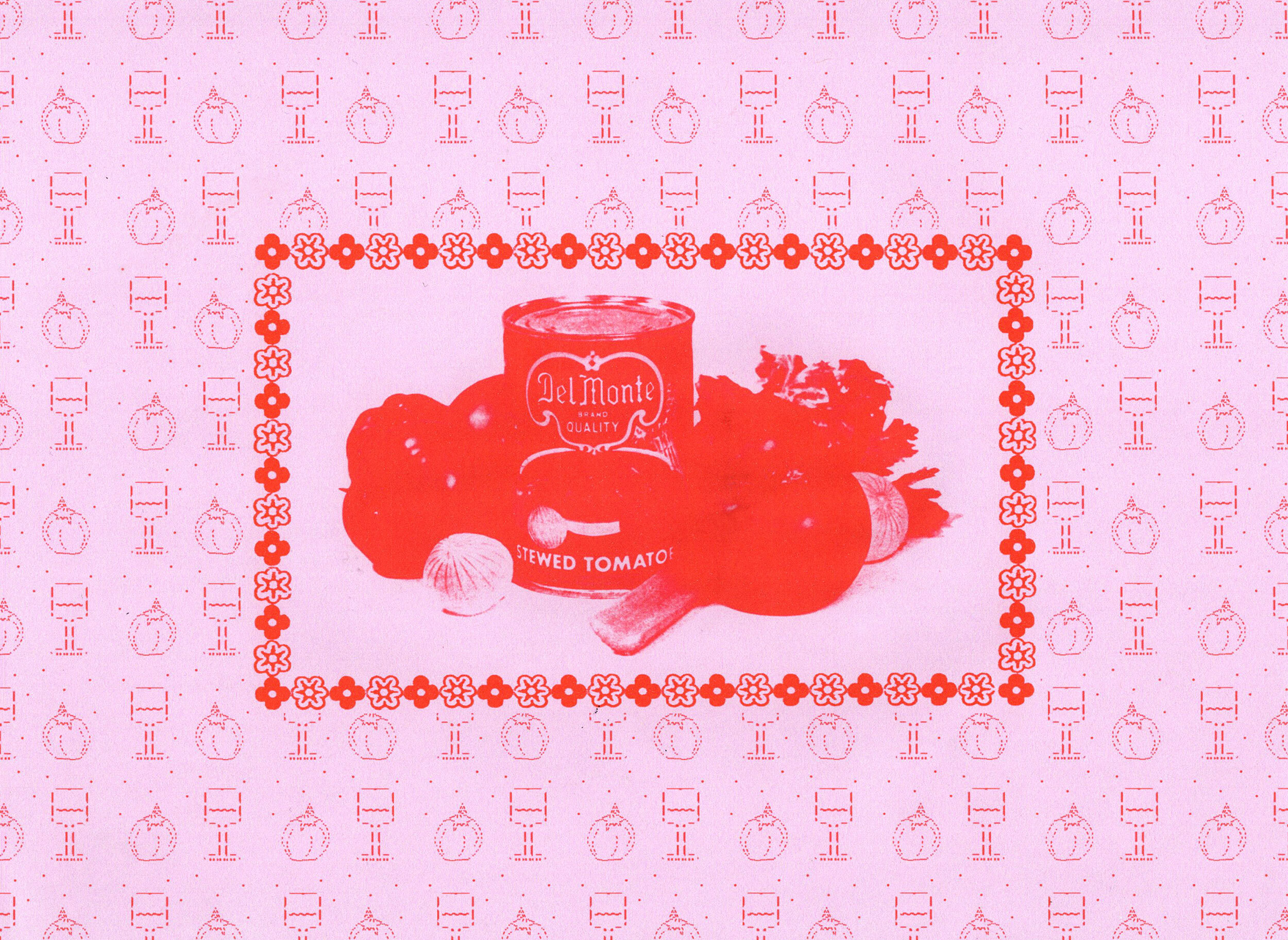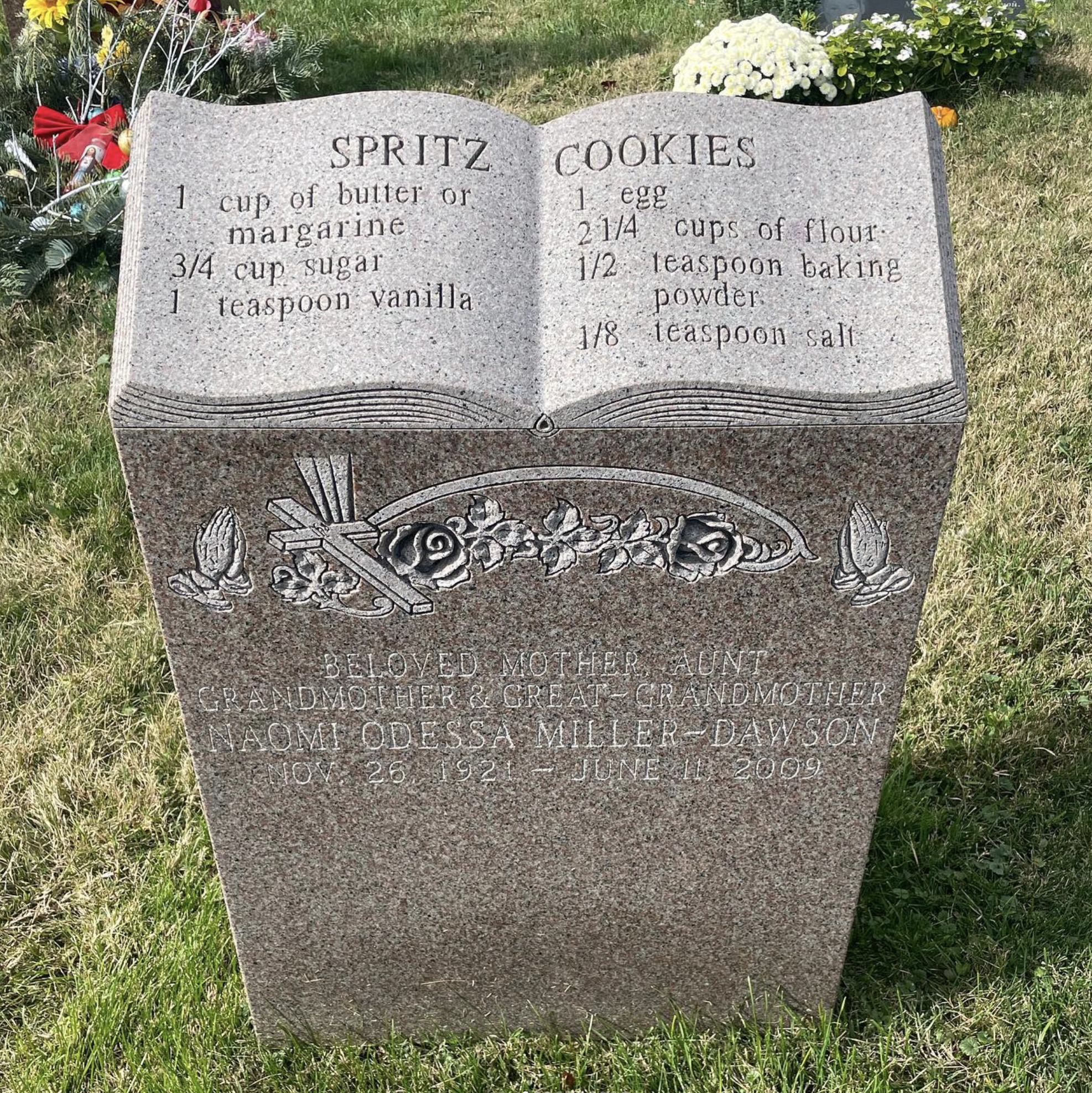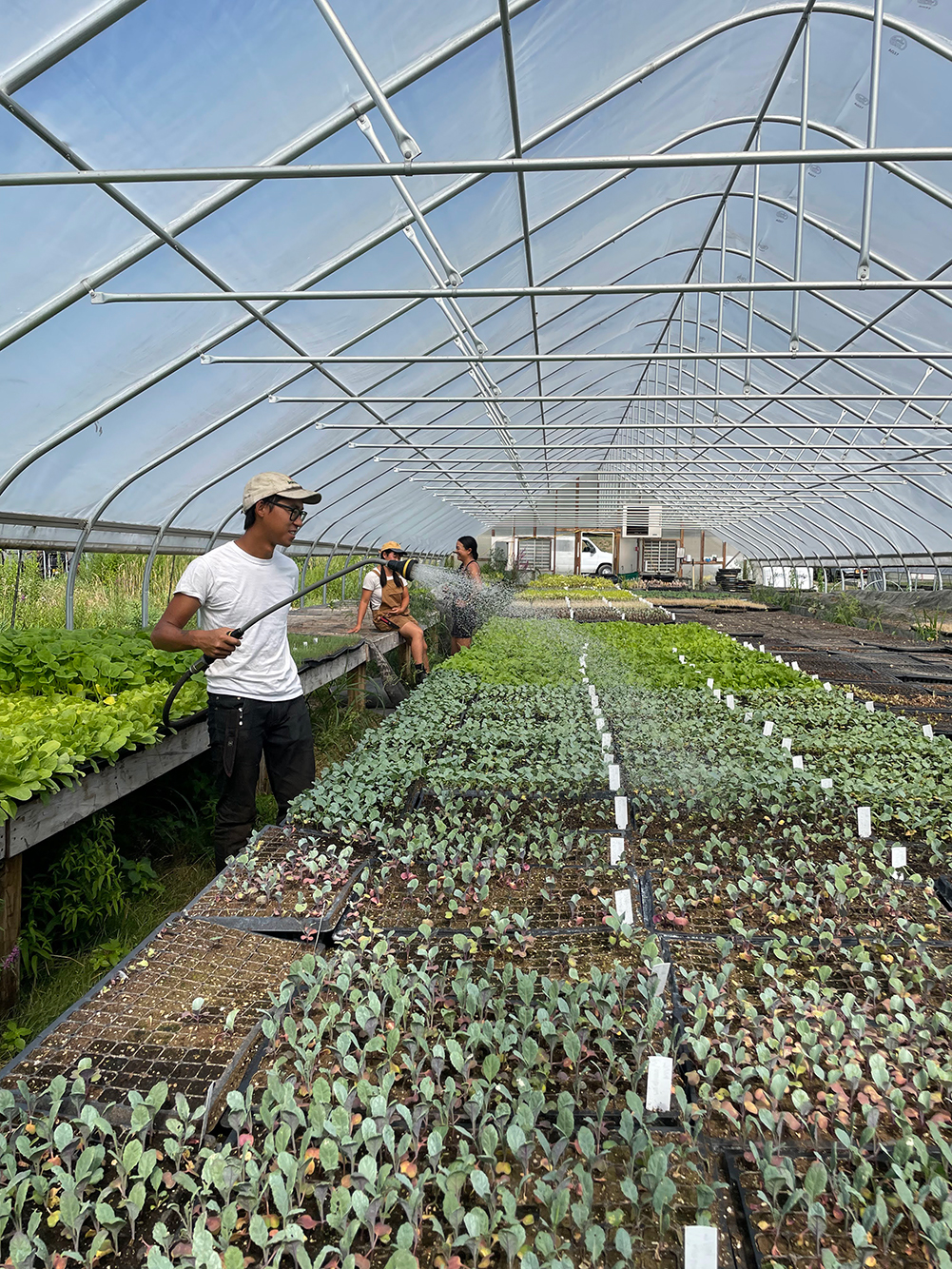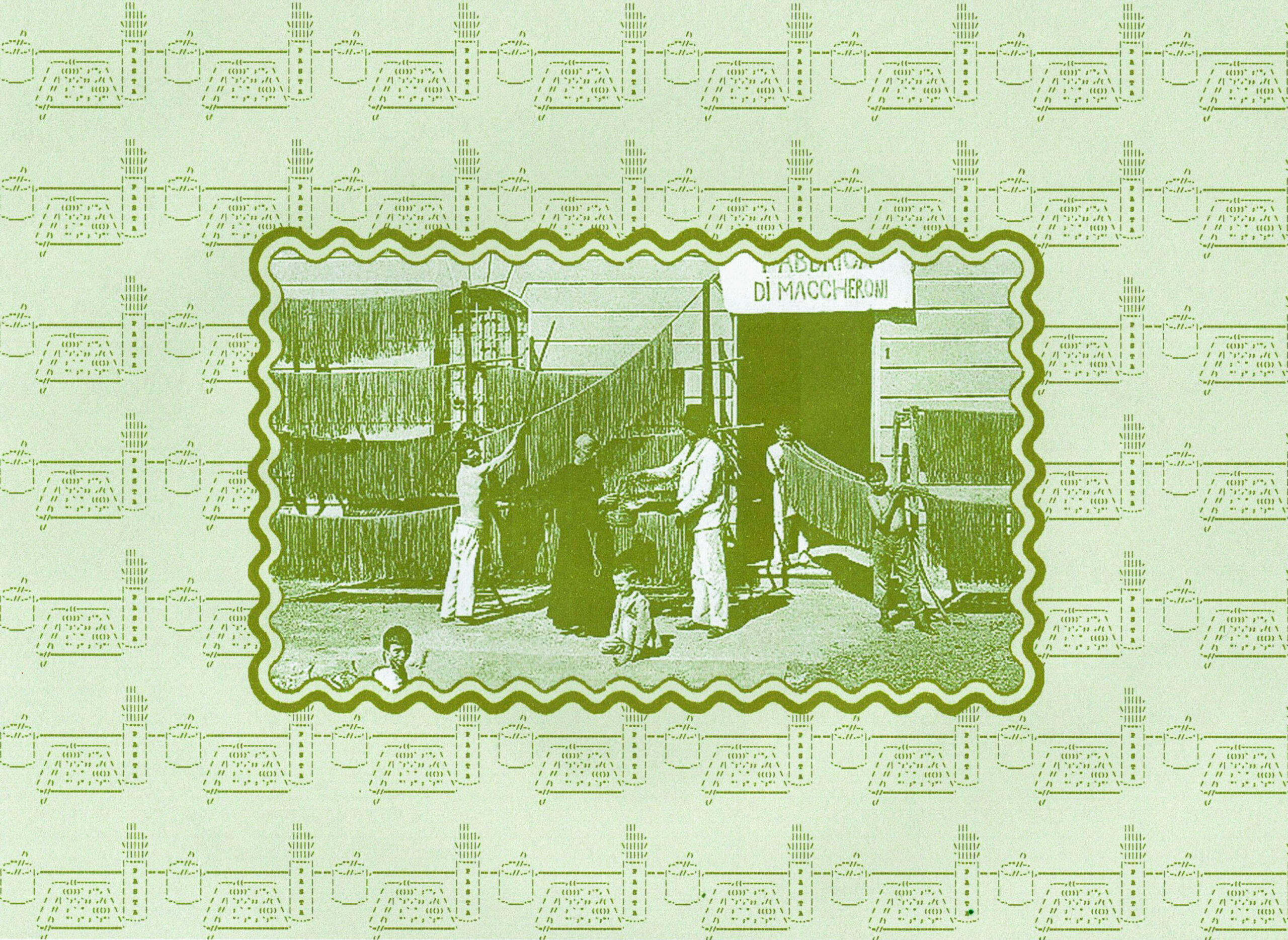The Chinese takeout joint of Kurt Evans’ childhood stood at the corner of 49th and Woodland in Southwest Philly. There, Evans and his friends would link up for shrimp fried rice and General Tso’s after school and on weekends. The owner was brusque and witty, known mononymously as Lee. “Lee knew how to play the dozens.” Evans raises an eyebrow and jokes, “He would let you slide for things and give you store credit, but he never forgot if you owed him a quarter.” Located on a lively main street, the restaurant was nestled between a Jamaican spot and a mixed-use corner store. “It’s changed a lot since then.”
In many urban Black and Latinx neighborhoods, Chinese takeout restaurants have been longstanding, inexpensive staples. As a generation of immigrant owners retire and their offspring go on to pursue mostly white collar careers, many of these buildings go vacant. This phenomena comes on the heels of the gentrification and urban renewal that dominated the late 90s and early 2000s, initiated by the influential universities that undergird Philadelphia’s economy. Today, development projects from the University of Pennsylvania, Drexel University, and Saint Joseph’s University continue eroding the former Black Bottom neighborhood to create what is now known as University City. Evans, who grew up cooking with his mom at the University of Pennsylvania’s hospital canteen, breaks down the numbers in a matter-of-fact way. “[The developers] will offer you $90K for your house, and your house is worth $40K..when they get it, they’ll bust it down into three units and get college kids to pay a thousand dollars a floor and make their money back in a few years.”
As a chef and activist born and raised in Philadelphia, Evans is hyper aware of the role restaurants play in shaping the city’s transforming landscape, and particularly in accelerating displacement in already rapidly gentrifying neighborhoods. With his new project, Black Dragon, Evans articulates a vision of reclaiming socioeconomic power for Black residents through the framework of culture, entrepreneurship and culinary storytelling. His dream for the Black Dragon is a series of franchise restaurants, owned, operated by, and employing Black communities while paying homage to the beloved Chinese American takeouts of his youth.
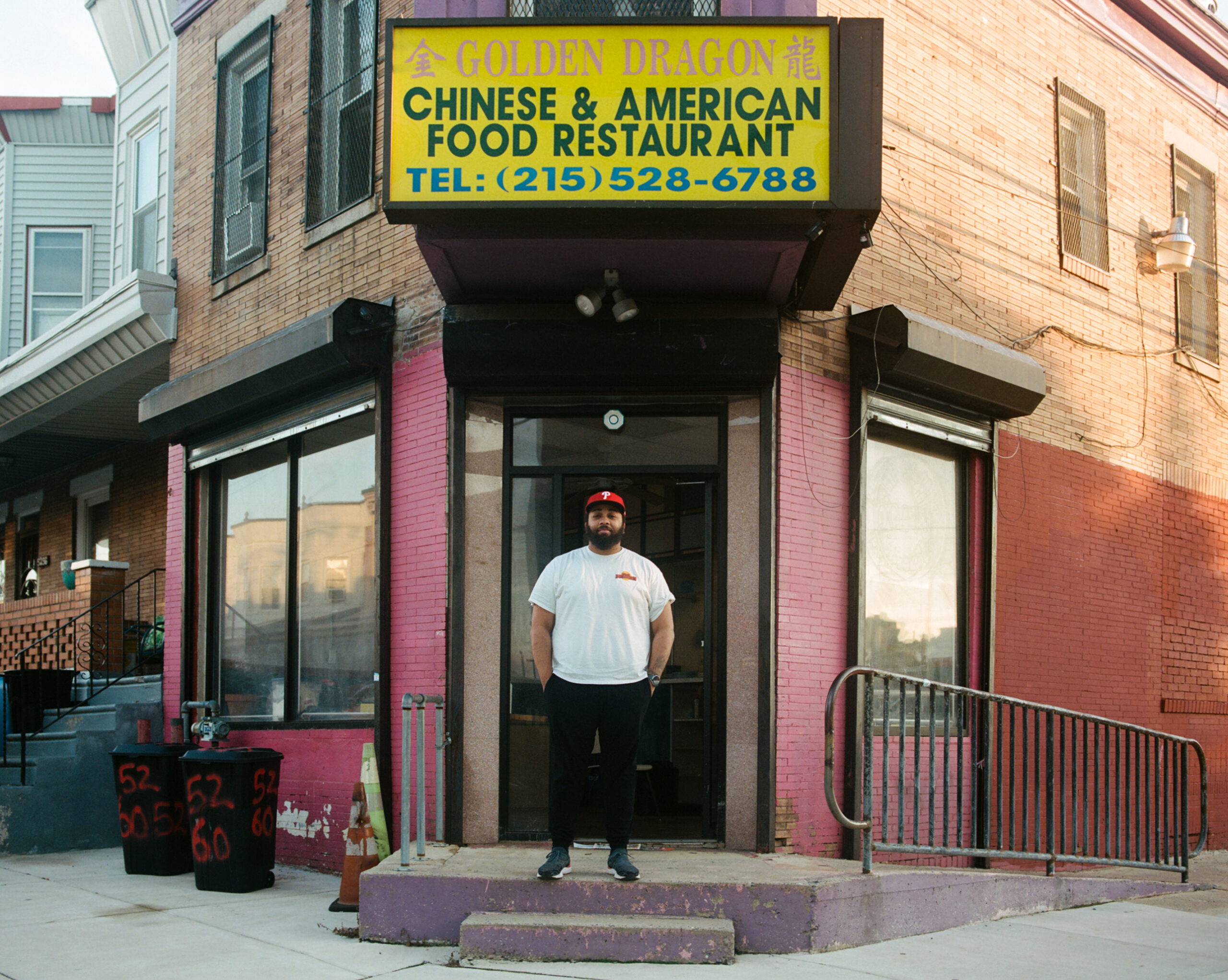
The restaurant has always been a space of experimentation for Evans. He is best known as the co-founder of North Philadelphia’s Down North Pizza, which in addition to slinging up delicious Detroit-style slices, provides employment, housing and legal representation to its formerly incarcerated employees. Centering community through food is a thorough line across his practice, from the chef’s reimagining of the classic Philly cheesesteak with salmon to cater to Philadelphia’s large Muslim community which he used to serve at the now-closed Route 23 Café, to the deliberate organizing of pop-ups at locations like Philadelphia Museum of Art.
Evans says he inherited his love for food from the lineage of women in his family. His mother was a corporate chef, his aunts and grandmother cottage-industry entrepreneurs. Decades ago, his grandmother ran a full-time numbers house, hosting an informal street lottery by day and card game party at night. She’d satiate the bustling residence of guests and neighbors by selling platters of mac & cheese, fried chicken and fish, collards and more. Parties were hosted for a range of community causes. Evans tells me. “When you gotta get someone out of jail, gotta bury someone, gotta send someone to college.” He himself sold platters in his late teens before he entered the traditional brick-and-mortar restaurant industry.
I’m really looking to draw the connections between cultures and people.
Although the first Black Dragon location has yet to open to the public, Evans has already identified its new home. He came to the building through a Korean real estate broker, who is working with around sixty Chinese and Korean American immigrant business owners in Philadelphia that span laundromats, delis, cleaners, grocery stores and more.
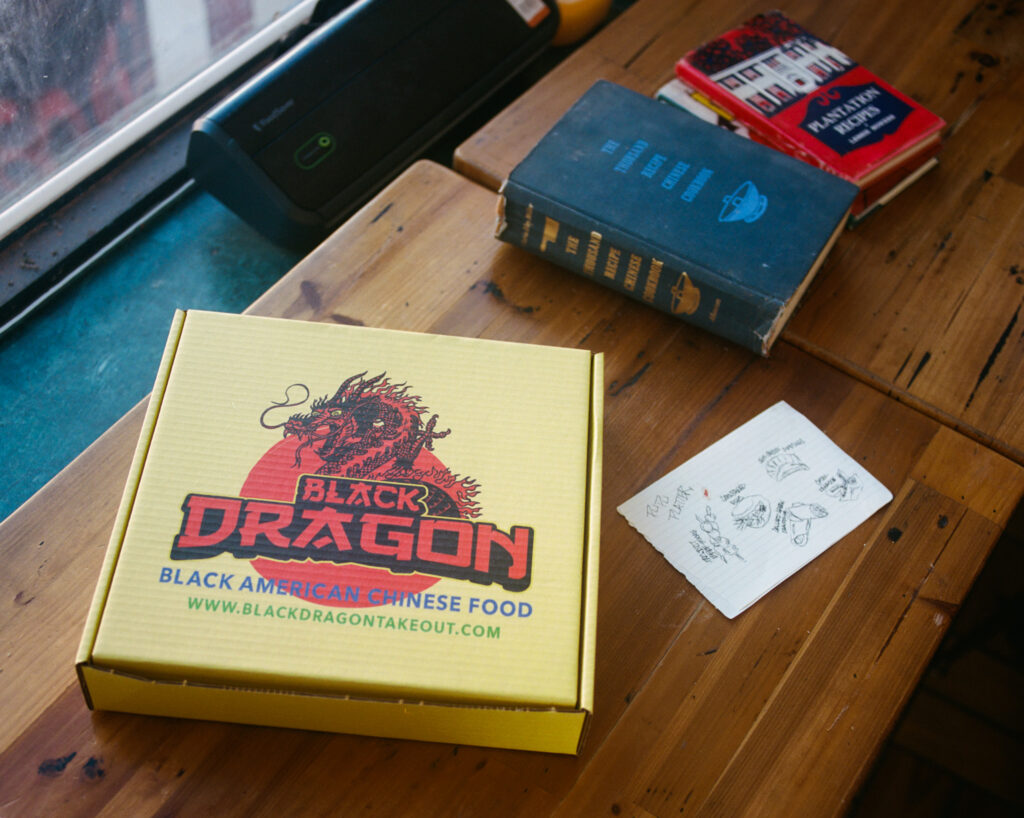
Black Dragon sits on the imaginary border of West Philly and Southwest Philly, at the intersection of the historically-Black neighborhoods near Malcolm X park and the spillover from University City into Southwest Philly.
Although it is still under renovation, much of the original Chinese takeout nostalgia lingers. The store sign is primary school yellow like many of the other Chinese restaurants of our memory. Evans retains the iconography of classic Chinese takeout joints, from the jagged block font to the backlit menu. Marble wallpaper, redolent of dark jade, peels away from the chair rails running laterally in the the dining area, designed to protect walls from high-traffic movement. One can envision the space fitting a big extended family, a solo late night diner, a couple kids doing homework, and an errant delivery bike. Peer through the plexiglass into the kitchen, and the floor tiles concave almost imperceptibly in front of the wok station, burnt orange faded with footsteps and time.
While much will remain unchanged, Evans plans to take down the security bars that lattice the order window, a conscientious gesture of trust in his customers. They’re not just clientele, they’re his neighbors; he grew up just blocks away. Near the end of our conversation, his Uncle Ricky swaggers through the front door to say hello. As we meander through the bordering streets lined with colorful townhouses, he points out his mother’s residence: “She’s like the mayor of the block”.
It’s not fusion, it’s more like connection food.
Black Dragon stands out from its peer restaurants through menu development as well. Evans is cerebral: an interdisciplinary curator, organizer and chef. Dishes are thoughtful, closely examined in reflection of both the contextual culture and technical logic of Chinese cuisine. He quotes Louisville-based Chef Lawrence Weeks who heads the kitchen at North of Bourbon, who has articulated his style of cooking within the context of southern cuisine as drawing connections across cultures and identifying similarities.
For example, Evans’ Magnolia Project Beef, a dish that he plans to feature at Black Dragon, combines flavors from Louisiana’s signature barbecue shrimp with the Chinese technique of velveting Mongolian beef for its signature silky texture. He identifies kinship between egg foo young and shrimp etouffee, swapping the classic oyster sauce gravy for a Cajun roux. “My next thing I really want to make is a rice flour pound cake…Black people love pound cake….we’ll be demo’ing some rice flour pound cakes, seeing how I can use an ingredient and translate it over.”
Fortune cookies playfully bear what Evans refers to as Black proverbs, common intergenerational sayings like: “I brought you into this world, I can take you out” .
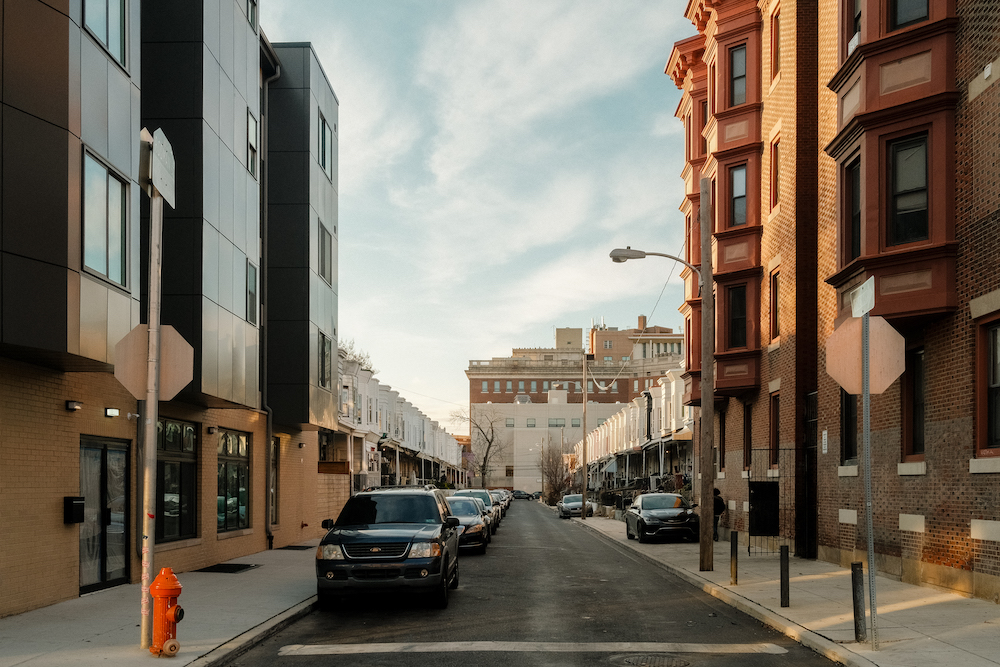
As Black Dragon materializes, Evans plans to build a team reflective of the restaurant’s environment. For him, being able to bring revenue and invest in his community means everything. This means continuing the practice of employing formerly incarcerated individuals as well as ensuring that the people from the restaurant’s immediate community are provided with opportunities for employment.
“I’m a really big student in life,” Evans tells me, “I look at how being a chef, being an organizer…community is the focal point for me. We’re from the same place. So when I’m talking to people, I know where you’ve come from. I am you.” Guided by these commitments, Kurt Evans reimagines the modality and expression of what a modern-day Chinese takeout restaurant might be.
